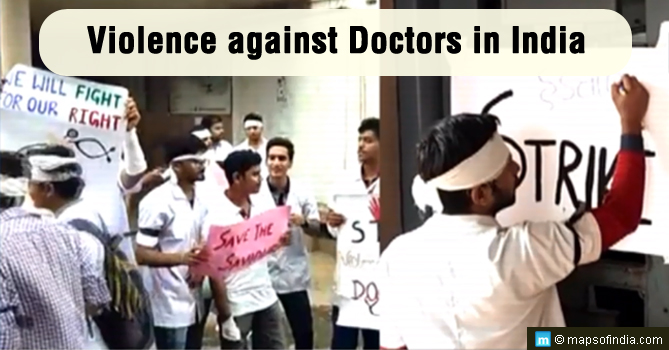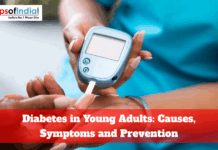
If you have been following the news lately, you’ll know that the country is undergoing a major healthcare crisis right now. Over 700 doctors in West Bengal have resigned in less than a week. And, while the eye of the storm might be in the state, there is unrest throughout the country. All around India, doctors have gone on protests, many resigning, with the day to day healthcare system standing crippled.
So, what is happening and how do we move forward from here?
A brief introduction
On June 10, an 80-year old patient took his last breath in NRS Hospital, Kolkata, dying of a heart attack. Relatives of the deceased blamed doctors for the death, soon returning with a large crowd and attacking the doctors.
The violence was so aggressive that even the policemen on duty failed to protect the junior doctors, with more than 10 left injured. Two received serious wounds, one with a head fracture, who had to be rushed to a private hospital in critical condition. While the incident led to no casualties, it sparked an uproar among doctors across India, who are now demanding strict action to be taken.
The Indian Medical Association (IMA), the country’s leading doctors’ organisation, is conducting a nationwide protest, including a strike today on Monday. There are two major demands: One, security for doctors and healthcare personnel to be increased in hospitals and two, making violence against doctors a non-bailable offense.
An opinion
In India, and throughout the world, doctors are often given the status of God, called “life savers”. But, in the midst of our emotions, we sometimes tend to forget that they are humans, after all. The best they can do is try, but beyond that, they hold no control over somebody’s life. Compounding the problem are factors like lack of essentials such as blood or medicines, and non-functioning critical equipment in government medical centres. Yes, there have been cases of negligence in the past, leading to casualties. But, does that mean we go around thrashing every single one of them? If so, then what right do we have to expect them to save our lives?
But, unfortunately, people don’t see it that way. According to an IMA survey, about 75% of Indian doctors have faced one or the other form of violence over the years. To add to the woes, nurses are the most common victims. Verbally and/or physically harassing medical personnel has become a sad reality of the country, with the last few years noticing a spike.
As recent as the beginning of this month, another West Bengal doctor, Amitabh Mondal was beaten up, and even confined by the relatives, after a child died allegedly died due to medical negligence.
Is it right, under any circumstances, to take matters of the law into your own hands? To act as if the law is above you? How can we hope for any progress in the country when such thought of “godliness” prevails?
If there is anything worse than what has happened, is it the shameless twisting of the story for things like political gains. On one hand, Mamata Banerjee has claimed that the unrest has been caused by “outsiders”, hinting at the Bharatiya Janata Party. On the other, the BJP state chief, Dilip Ghosh, as well as other party leaders including Mukul Roy, made remarks that can be called nothing but despiteful. Saying that the members “of a particular community” had carried out the attack, hinting at the Muslim community, they clearly hit a new low.
Conclusion
With Mamata Banerjee now agreeing to meet the doctors to understand their demands, the tension might be lowered in the days to come. But, this agitation would be of no use if we just look at it as yet another news item and move on. The attack on the medical community, or any other service providers by the general public, is shameful, and deserves our strictest condemnation.
Let’s hope that in the days and years to come, Indian society develops into one that is more mature and appreciative of the services it receives, instead of acting entitled like we now see.





